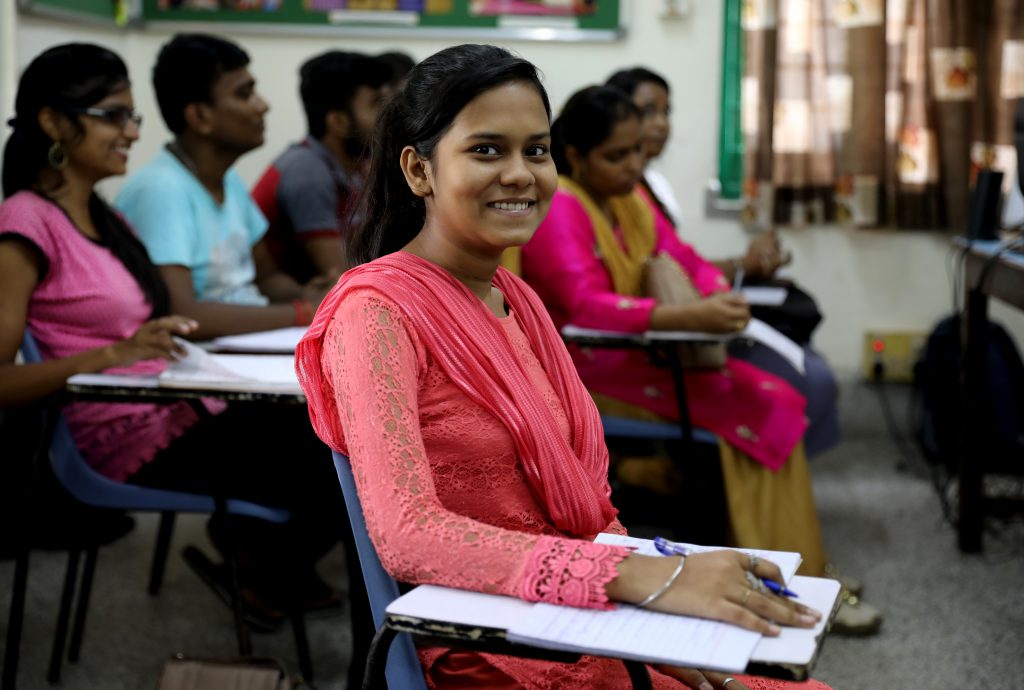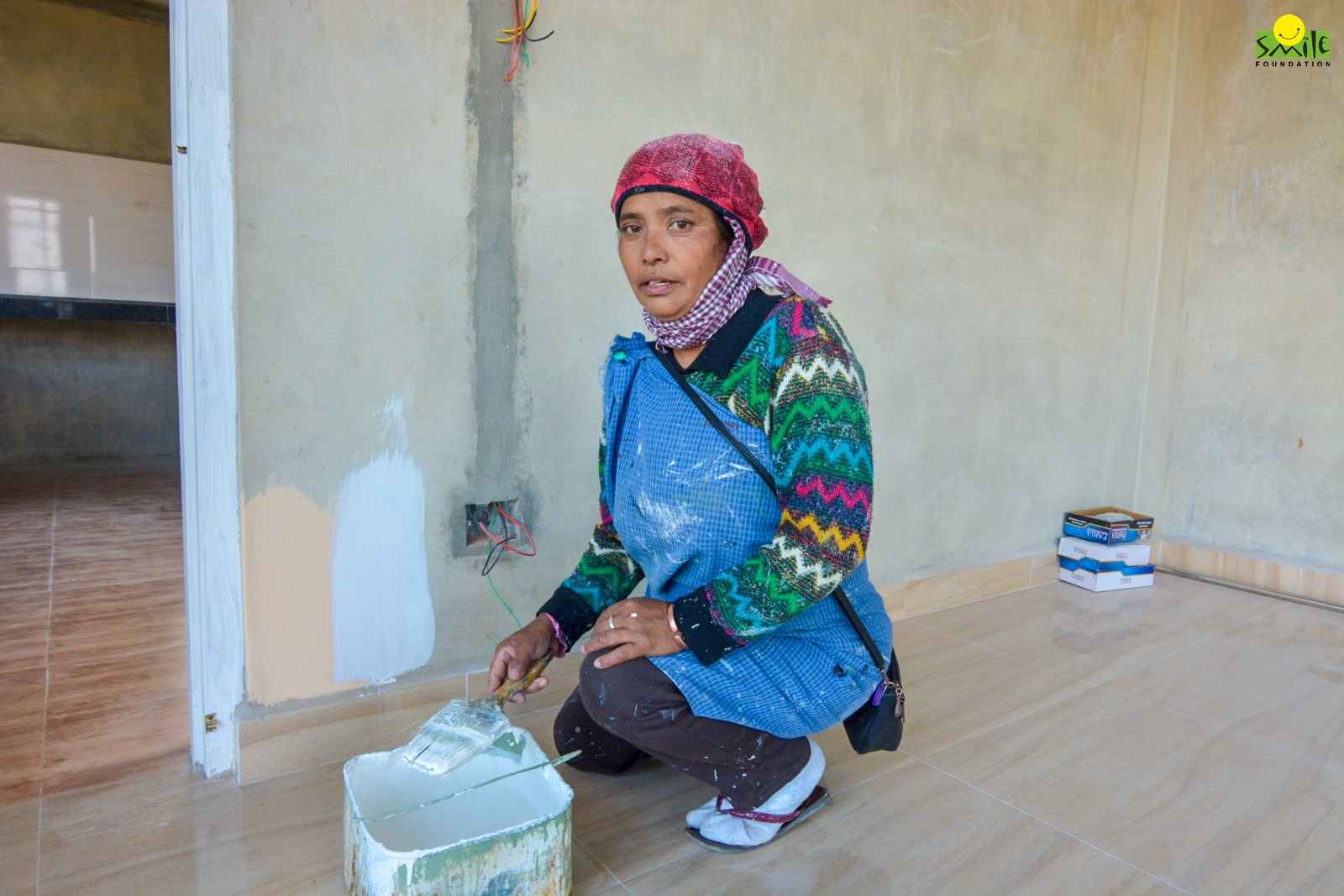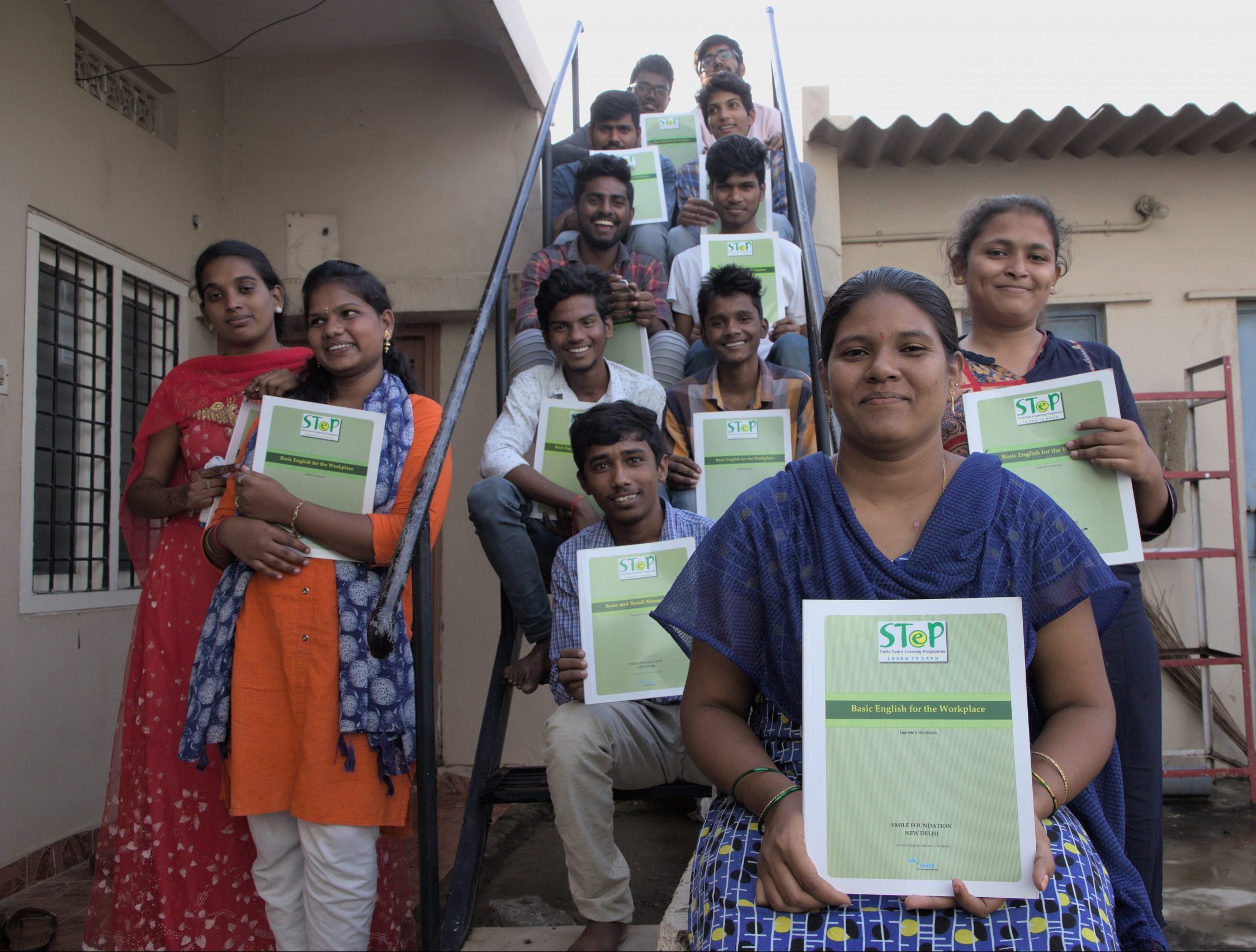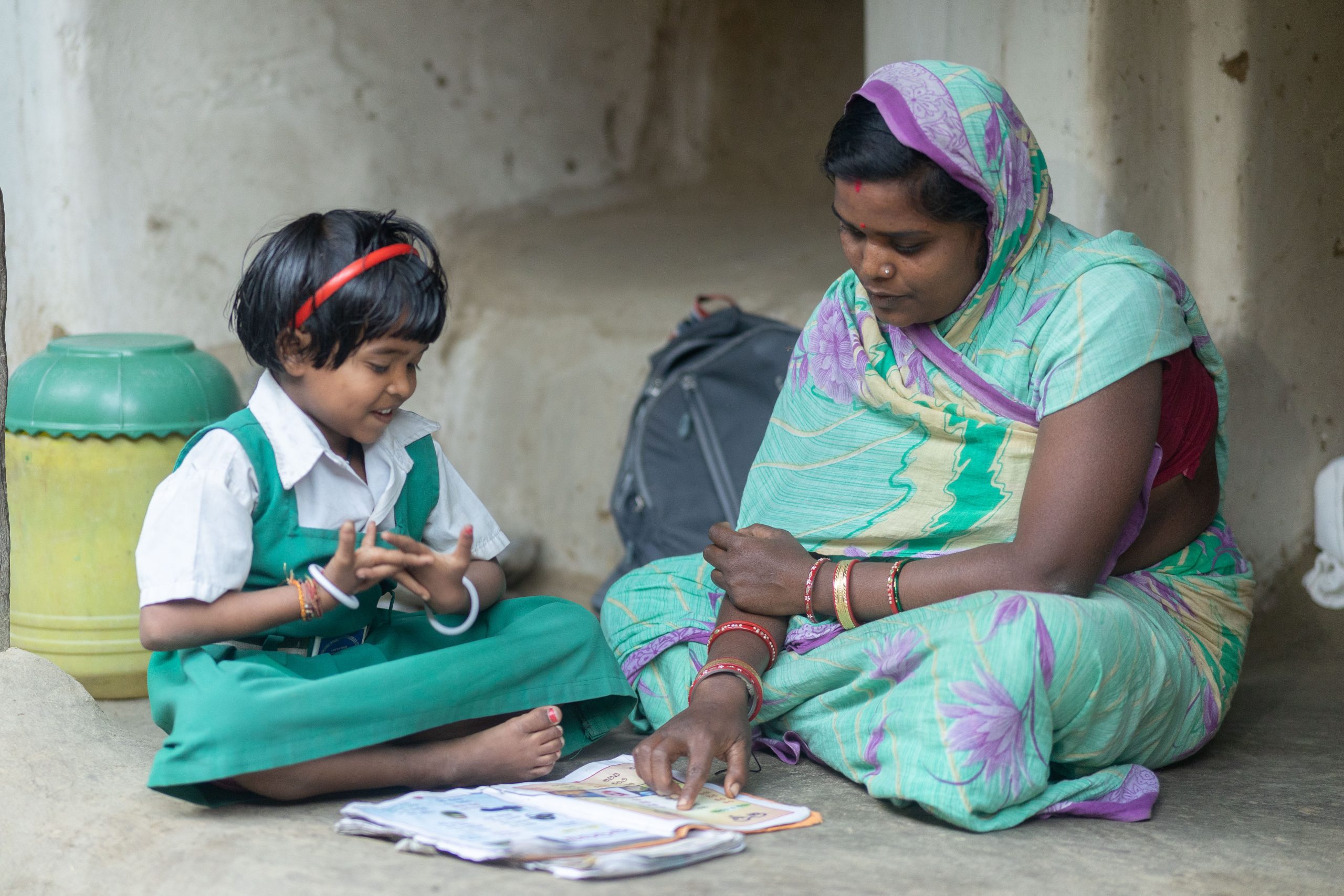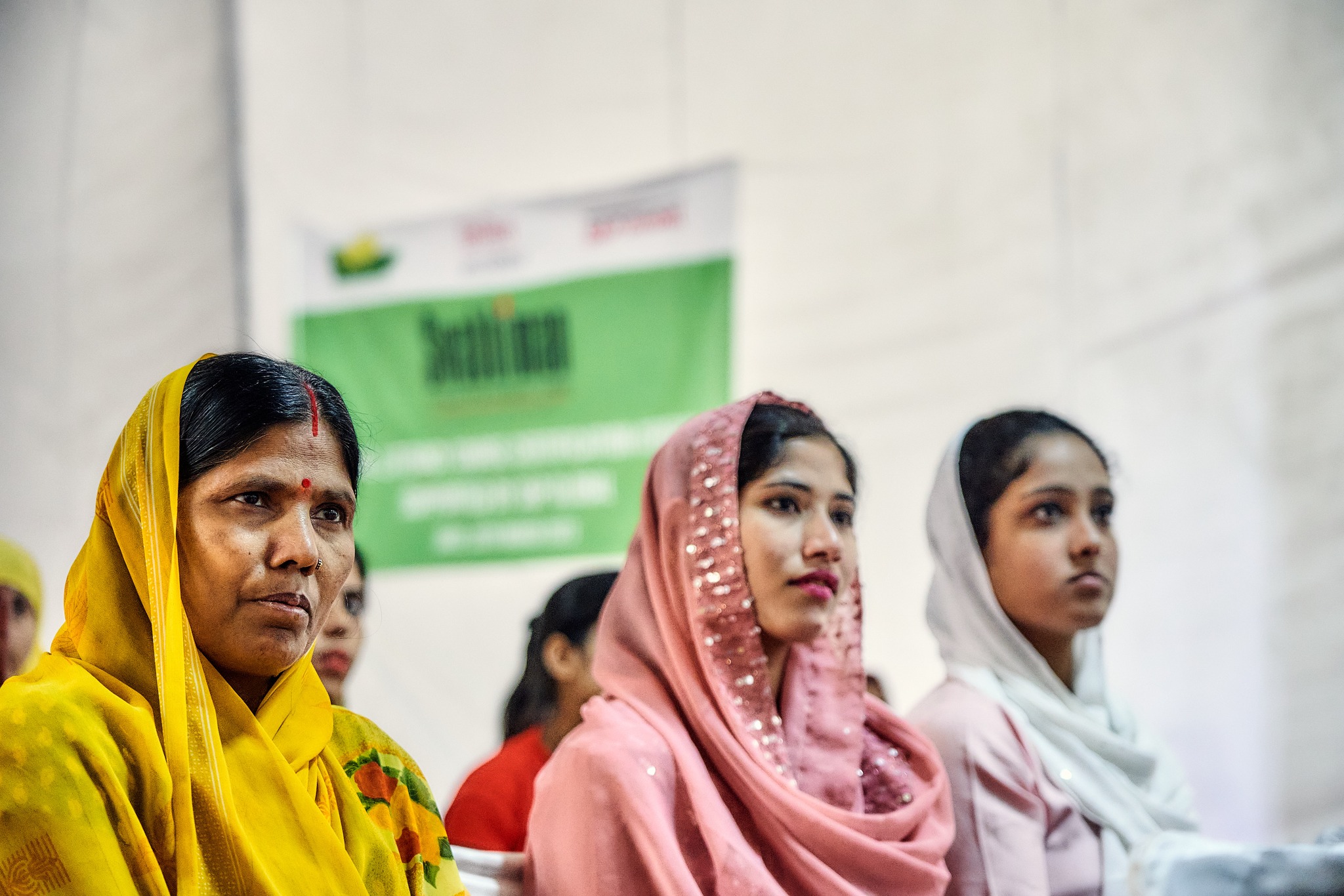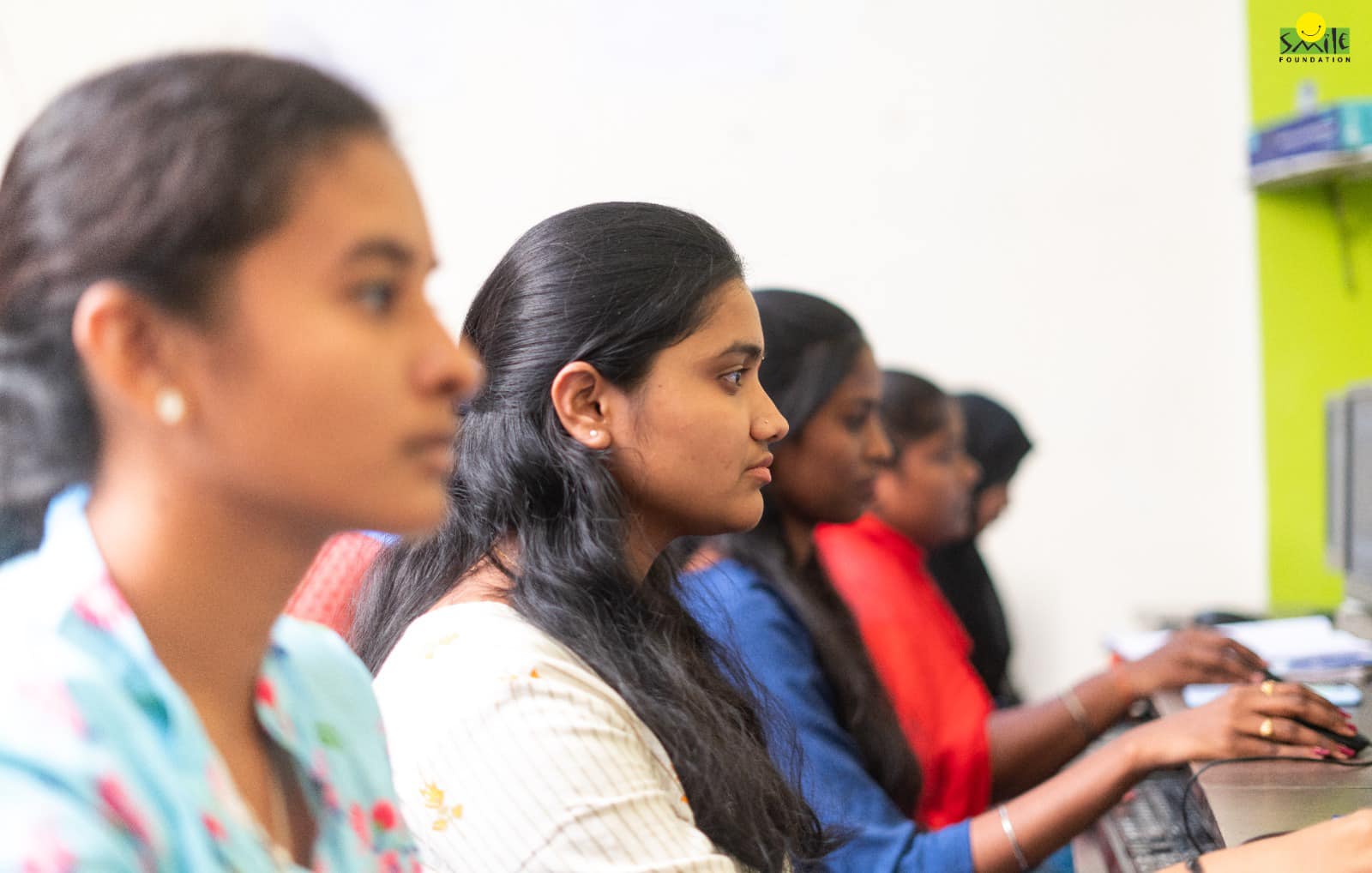Manisha is a young girl who graduated with good grades in her University and is still struggling to be employed. While Kanika with the same grades got a good job. The point of difference is that Kanika has received vocational education while Manish has not.
Let’s start with the unpleasant truth- India’s employability rate needs a significant upward trend in the coming years. No doubt that there is a talent surplus in India but the youth need appropriate skilling to become workforce-ready. This must be done to bridge the “industry-institute divide”.
Reports claim that only 45% of Indian graduates are employable. Currently, little opportunity for skill education is given to approximately 80% of new workers entering the workforce. Only 2% of the workforce in our country receives formal vocational training.
The top institutions and educational organisations have to pay attention to the evolving talent acquisition process. The emphasis has turned to experiential learning as large organisations realise how crucial it is to hire the best personnel. The capacity to read the market’s pulse and use that understanding is essential.
The growing skill gap is concerning since many young people today lack the required abilities. One needs to be able to think quickly in order to deal with the market’s uncertainty. A person who is prepared can handle the market’s variations and yet has the passion to learn and make a significant contribution to the market’s expansion.
It is challenging to close this gap due to barriers in the educational system. The goal in this situation is to strengthen students’ learning experiences by incorporating practical knowledge into the educational framework. For India, skilling can raise living standards and make the country a global leader in skills hub.
What is Vocational Education?
Vocational education is training that equips individuals to operate as technicians or as tradespeople in a skilled craft or trade. Vocational education and training may also be thought of as the sort of education provided to a person to prepare them for employment.
Importance of a Vocational Education
Because it equips a student with employable skills in a reasonably short period of time, vocational education is crucial. Some short-term vocational programmes only last a few months, but during that time a student not only learns from their courses but also works on real jobs with a qualified mentor. As a result, they can build helpful professional relationships and get the possibility to find a job far faster than a typical university student. Due to the high value of trade skills and the likelihood that people will always want a tradesperson’s competence, vocational education is also crucial.
Training Centres
The portfolio can only be augmented through skill-based training and education relevant to the sector. Such training is necessary for a wide range of businesses, including retail, clothing, tourism, cosmetology, traditional crafts, cottage industry, and many more. Candidates seeking work may find it helpful to enrol in a hands-on skill training programme or vocational training facility.
These training facilities help students develop their soft skills, such as improving their speaking and business language, creating personalised emails for clients, and creating captivating PowerPoint presentations. Finally, candidates looking for employment may find value in the accreditations and qualifications they have acquired throughout the years.
Vocational Education and Skill Development in India
Although India has made progress in developing a competent workforce, there are still several significant obstacles that the nation must overcome in order to reach its objectives. Here is a list of a few of these difficulties:
- Lack of competent and experienced teachers– The provision of trainers has consistently shown to be a barrier to reforming vocational education. For many years, the availability of talented instructors has been hindered by faculty shortages and the educational system’s failure to recruit and keep them. In order to preserve the long-term viability of the higher education system, the number of instructors in the system must be increased at a faster rate than student enrollment growth.
- Weak involvement from the private sector and the business sector– Without the help of business, practical training has become exceedingly difficult. In addition, the facilities for practical training in schools are far from sufficient for completing practical requirements. There is currently no law requiring businesses to participate in pre-job vocational education.
- The majority of Vocational Education Training Institutes are characterised by structurally stiff and outdated centralised curricula that are not in sync with the current market realities. These institutes also tend to offer courses that are insufficient and out of date.
- Training not up to industry standards in terms of quality– There is a mismatch between the skills taught and those that the industry demands. Even after getting formal vocational training, unemployment results from low curriculum relevance to industry requirements.
- Along with the aforementioned difficulties, one of the biggest risks is the absence of a monitoring system that can routinely evaluate the effectiveness of ITIs and ITCs as well as the calibre of training provided. Additionally, there appears to be a need for substantial public relations and education programmes to combat the poor reputation of domestic vocational education.
Efforts are made to bridge all the existing gaps between education and job readiness of the students. Vocational Education with the potential of skilling the youth exponentially making them market-ready to earn respectable livelihoods and have a better quality of life is the dream.
Donate for Livelihood Skills Development Program
Smile Foundation is actively involved in imparting vocational education to the underserved youth through its STeP (Smile Twin e-learning Programme) initiative all across India and equipping them with relevant skills that make their employability better.



